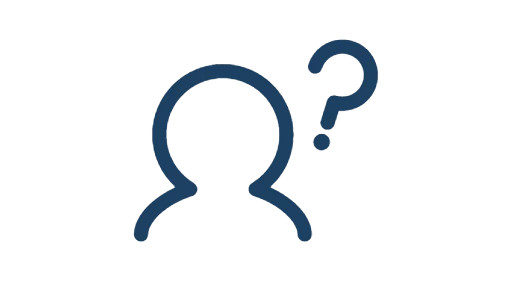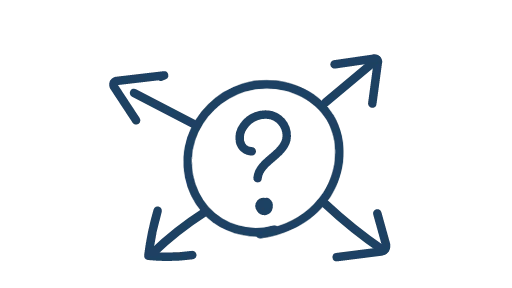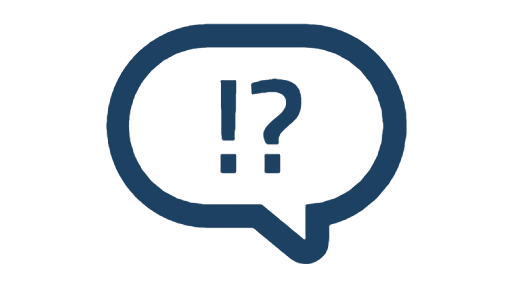
- …
- …
The Problem
Challenges for the Unrepresented
In Maryland, people without lawyers will often visit a self-help center as a first step towards addressing legal problems. They might bring with them court papers, lease agreements, receipts, photos or other important case documents.
During their meeting, visitors will have to explain their problem to self-help center staff. This can be particularly painful for survivors of domestic violence, crime victims, and people in high-conflict family law cases.
After obtaining initial advice and information, self-help center staff often refer people without lawyers to other organizations for additional help or representation. Referrals may be made to legal services providers, social services providers, and the private bar.
Unrepresented people may also need to take steps on their own to advance their case. For example, they may need to gather evidence for trial, request that a housing inspector visit their apartment, or contact a domestic violence service provider for safety planning and representation.When they leave a self-help center, unrepresented people may face these challenges:

Which Organization?
Unrepresented people may not know which organization they visited for help. This can be a problem when they appear at another organization and are not sure who referred them or why.

What Steps?
Under stress and without legal experience, people without lawyers may be unable to recall verbal instructions even a few minutes later.

Where Have They Been Referred?
Unrepresented people may forget where they have been referred for additional help or next steps.

Retraumatized
People without lawyers may be retraumatized by having to re-tell stories over and over, particularly in family law or domestic violence cases.

Trouble Keeping Track of Important Paperwork
People without lawyers may have trouble keeping track of important paperwork like lease agreements and court papers. Housing instability or lack of transportation can complicate this problem.
The Solution
The Maryland Justice Passport is a trauma-informed technology that will improve the ability of people to navigate the legal system.
Storage for case information
Case information, including documents and court paperwork, will be scanned at self-help centers or other referral locations to help people organize and store their documents. Information will belong to unrepresented people and will be encrypted and password protected for security.
Unrepresented people may give full or limited access to providers so they can run conflicts checks, give brief advice, or provide representation.
Electronic to-do list
Before a visitor leaves a self-help center or other provider, the provider will add an electronic to-do list which provides the visitor with next steps. If they are referred to other providers, the app will auto-populate with pertinent information (address, phone number, hours, directions, etc.)
Civil Justice, Inc.
120 E. Baltimore Street
Suite 2500
Baltimore, Maryland 21202
Contact Us
Phone: 443-853-1011
Email: cj@
Civil Justice, Inc. © 2024






